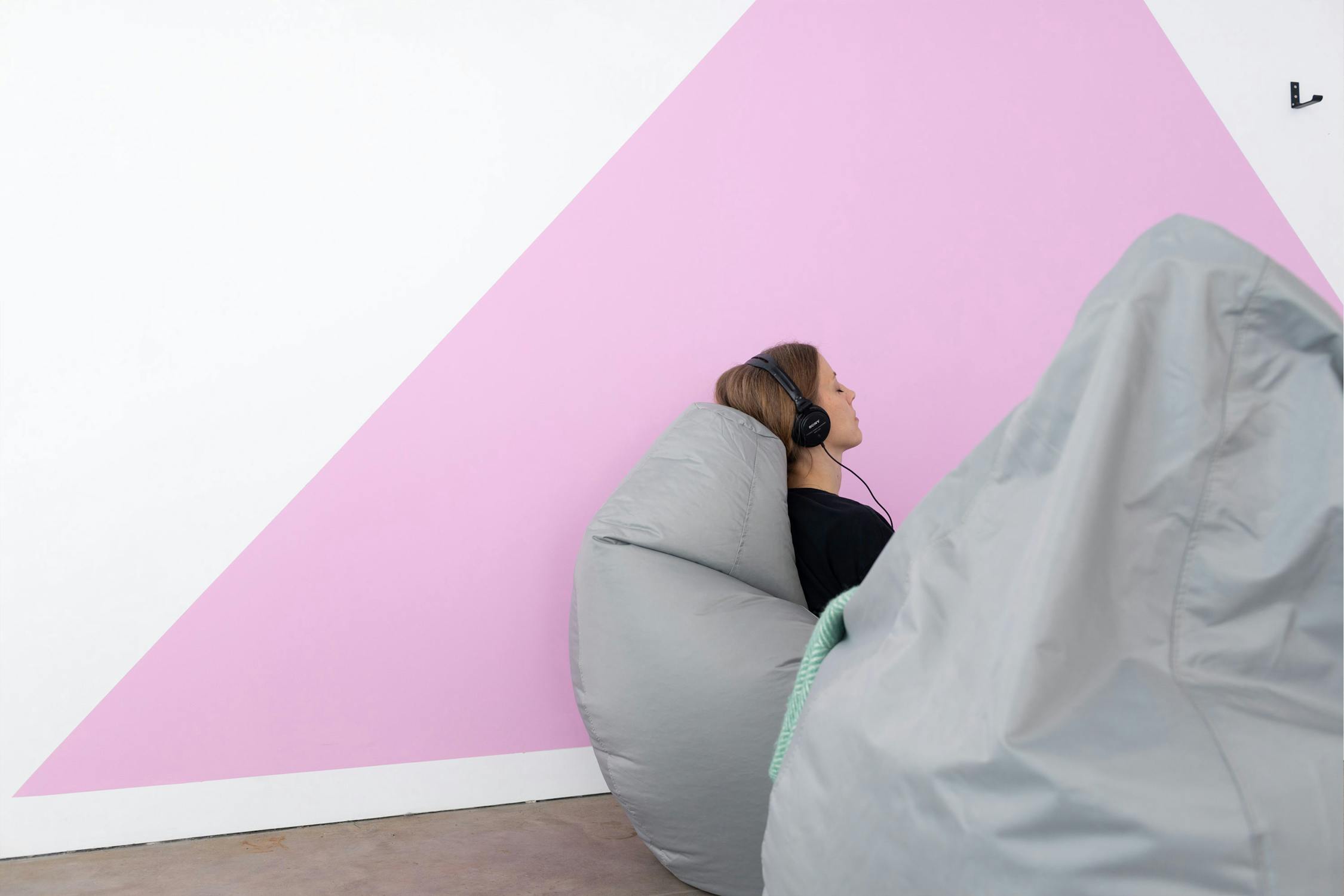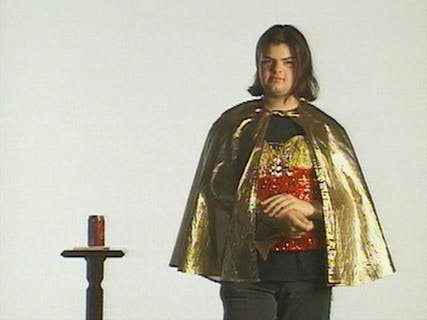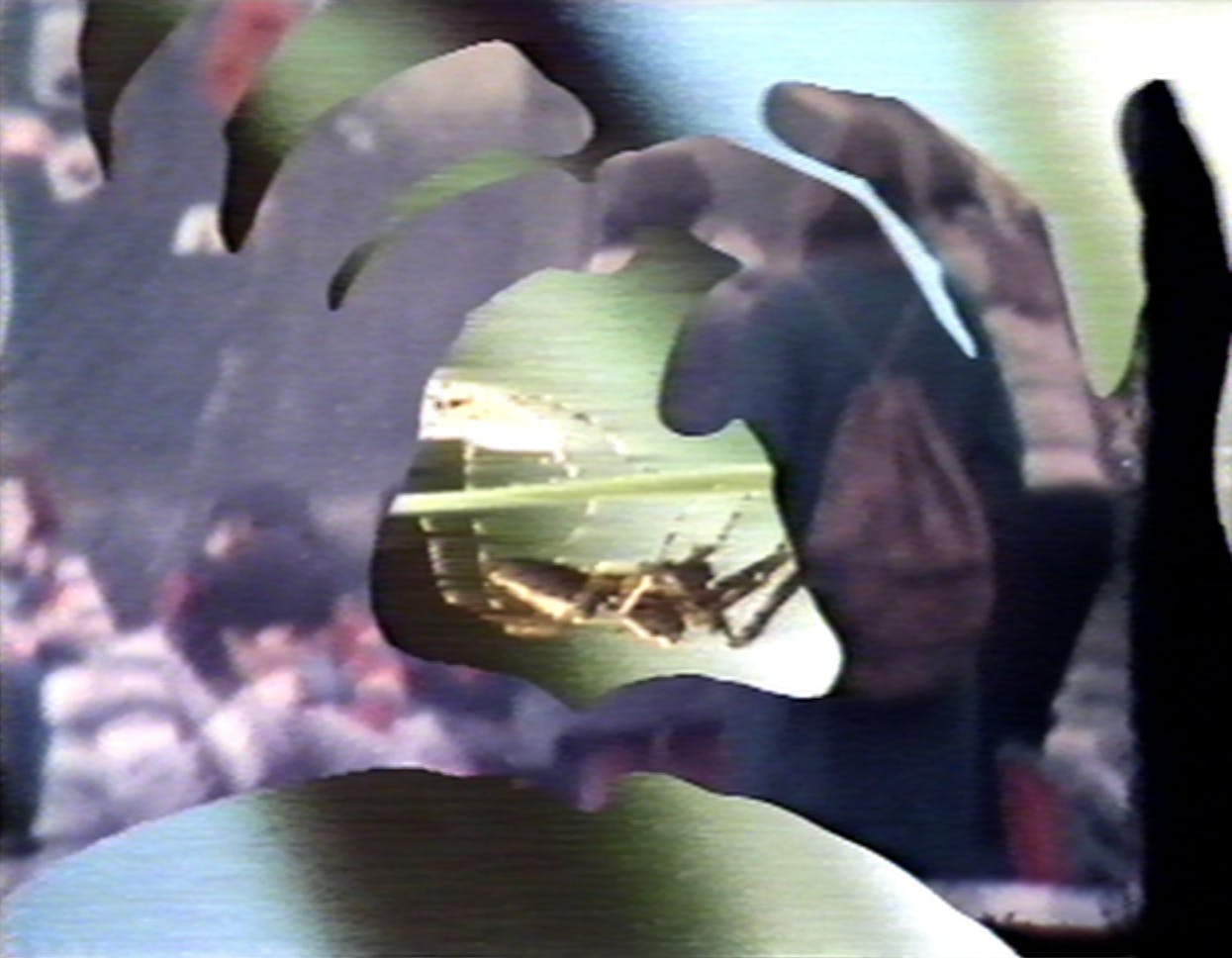*Please note Queer Care Camp will not be accessible to the public in order to host a series of workshops, on Saturday 23 October from 11-1pm, 2-4pm and 4-6pm and Sunday 24 October from 2-4pm.*
Queer Care Camp is a space for LGBTQIA+ creatives and their allies to make, think and rest. This is a space to come together, to share resources and to reimagine LGBTQIA+ communities that survive and thrive.
Hosting a range of queer care community organisations, including Mosaic LGBT+ Young Person’s Trust, as well as artists Sapna Agarwal, Juliet Jacques, Cannach MacBride and Linda Stupart, the Camp centres the question: ‘What is Queer Care?’.
Generating collaborative outcomes and public events, the project will explore how past, present and future care can provide tools for our current social, political and ecological crises, and hopes.
The space is organised flexibly around making, thinking and resting, utilising materials that echo those within the camp, the youth group, and the studio. The display includes moving image, a space to rest, and materials to read and take away. These include queer and feminist video alongside ephemera from performance and activist archives of care, including the Greenham Common Women's Peace Camp, the collective Strange Fruit, and the Edward Carpenter Community Gay Men’s Weekends of the 1980s and 1990s.
Visitors and participants are encouraged to share their own strategies of care and to contribute to events. For further information about the wider programme and the series of free workshops, please visit our What’s On page on our website.
Queer Care Camp is a project conceived by Conal McStravick which forms part of Desperate Living – an ongoing programme that brings artists, public organisations and informal groups together to test out new and experimental forms of collaborative programming, knowledge sharing and production, explored through the lens of LGBTQIA+ healthcare.
Supported by Paul Hamlyn Foundation and The Mila Charitable Organisation.




